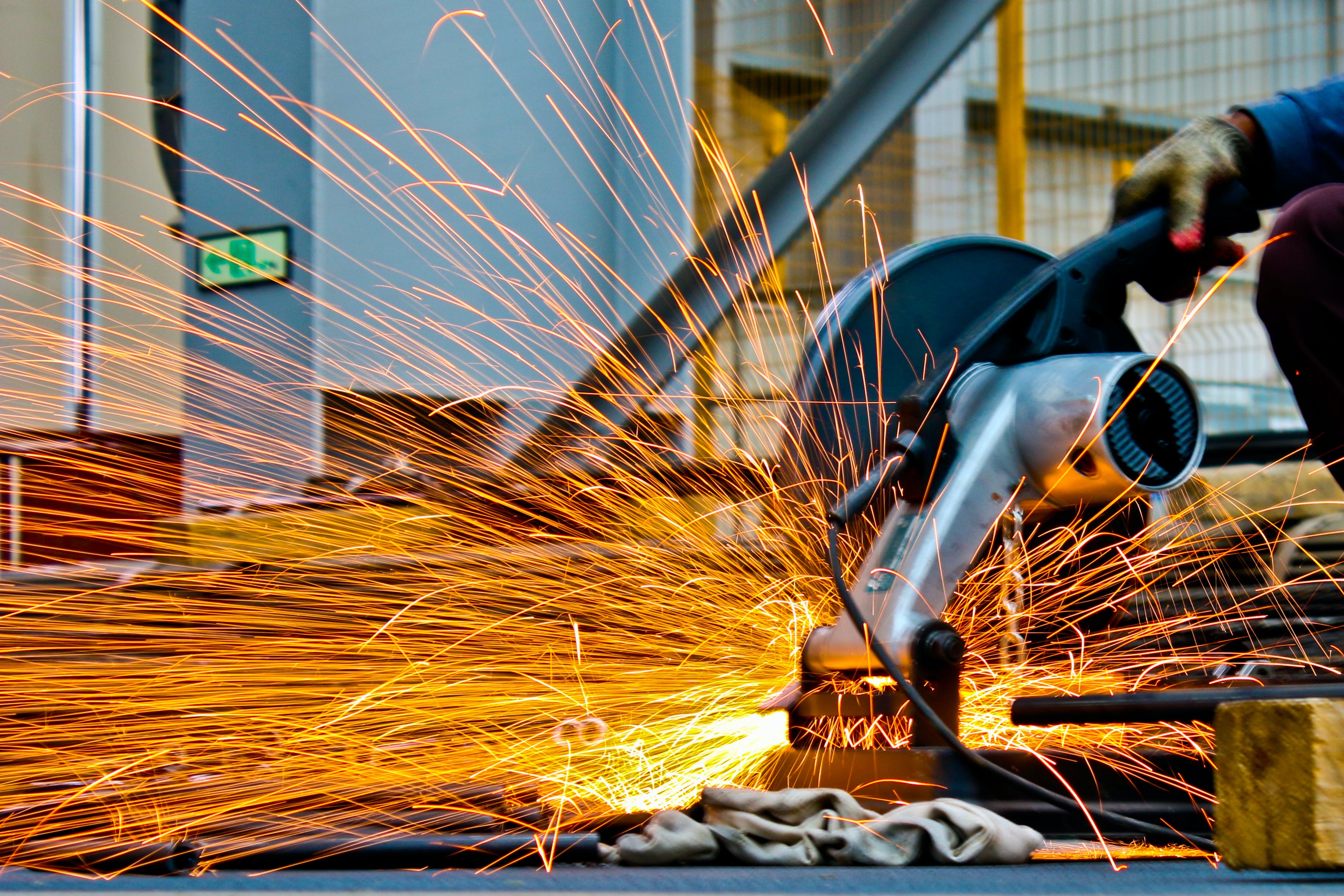Are you an enthusiast of heat-resistant modifier series looking to enhance the performance of your polypropylene (PP) materials? Look no further! In this comprehensive guide, we will provide you with valuable tips and tricks for choosing and effectively using the PP heat-resistant modifier YC-011. So, let’s dive in and discover how you can unlock the full potential of this remarkable product!
1. Understand the Benefits of YC-011
PP heat-resistant modifier YC-011 offers numerous benefits that can revolutionize your material performance:
Enhanced heat resistance: YC-011 significantly improves the heat resistance of PP, allowing it to withstand higher temperatures without sacrificing its mechanical properties.
Increased impact strength: By incorporating YC-011 into your PP material, you can enhance its impact resistance, making it more durable and long-lasting.
Excellent processability: YC-011 has excellent dispersion properties, ensuring seamless integration during the manufacturing process and making it easy to handle.
2. Consider the Application Requirements
Before selecting YC-011 for your specific PP application, it’s crucial to assess your requirements. Take into account the following factors:
Temperature resistance: Determine the maximum temperature your PP material needs to withstand. YC-011 offers different grades suitable for various temperature ranges.
Impact strength: Evaluate the level of impact resistance required for your application. YC-011 provides options with different impact strength enhancements.
Compatibility: Ensure that YC-011 is chemically compatible with other additives or fillers present in your PP formulation. Conduct compatibility tests or seek expert advice when in doubt.
3. Dos and Don’ts in Using YC-011
To ensure optimal results with YC-011, follow these helpful tips:
Do conduct a small-scale trial: Before using YC-011 in large-scale production, perform a small-scale trial to evaluate its impact on the physical and mechanical properties of your PP material.
Don’t exceed the recommended loading level: Excessive loading of YC-011 can lead to processing difficulties and compromise the final material properties. Follow the manufacturer’s guidelines for the recommended loading level.
Do ensure proper dispersion: Achieve uniform dispersion of YC-011 by using suitable mixing equipment during the compounding process. This ensures consistent performance across the entire material.
4. Evaluate the Performance
After incorporating YC-011 into your PP material, it’s essential to evaluate its performance. Consider the following:
Thermal stability: Assess how well YC-011 maintains its properties under prolonged exposure to high temperatures relevant to your application.
Mechanical properties: Test the impact strength, tensile strength, and flexural strength of your modified PP material to ensure that YC-011 meets your performance requirements.
Processability: Observe the ease of processing YC-011-modified PP during manufacturing, noting any improvements or challenges encountered.
With these insights, you are now equipped to make an informed decision and leverage the full potential of PP heat-resistant modifier YC-011. Enjoy the enhanced performance and explore new possibilities for your heat-resistant modifier series projects!
(Note: This blog post is for informational purposes only. Always refer to the manufacturer’s guidelines and conduct thorough testing based on your specific application requirements.)
